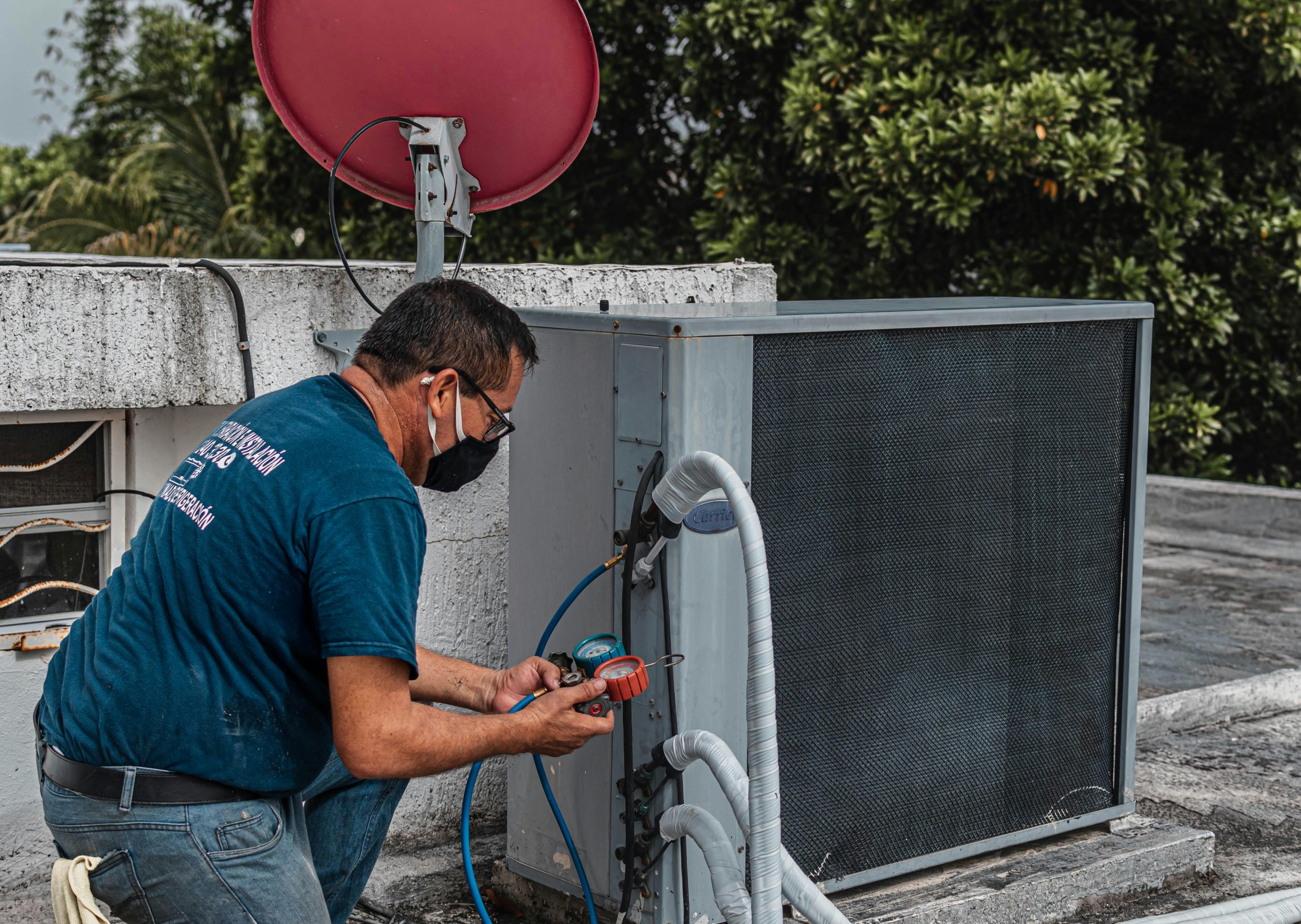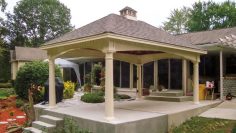
Essential Tips for Maintaining Your HVAC System
Importance of HVAC Maintenance
Maintaining your HVAC system is critical for ensuring it operates efficiently and prolongs its lifespan. Regular maintenance can help avoid unexpected breakdowns, maintain air quality, and improve energy efficiency, ultimately saving money in the long run. Whether you’re a homeowner or managing commercial property in HVAC Charlotte, NC, routine maintenance should be noticed. The peace of mind knowing that your system is running optimally translates into fewer headaches and more consistent indoor comfort.
According to the U.S. Department of Energy, more than necessary maintenance is needed to ensure a steady decline in HVAC performance while energy use steadily increases. This consistent upkeep isn’t just about warding off high energy bills; it’s about something much more impactful—your health and the environment. Proper HVAC care also reduces carbon footprints and can even extend the lifespan of your entire system, proving every penny spent on maintenance is money well spent.
Regular Filter Changes
One of the simplest yet most effective maintenance tasks is changing your HVAC filters regularly. Dirty filters can restrict airflow, making the system work harder than necessary. Replacing air filters every 1-3 months can enhance air quality and HVAC efficiency. This small task can substantially impact your system’s overall performance, providing a cleaner and healthier indoor atmosphere.
How Often Should You Change Filters?
The type of filter used, the quality of the indoor air, and the existence of allergies or pets in the home all affect how frequently a filter needs to be changed. The system performs as efficiently as possible when the manufacturer’s instructions are followed religiously. Allergy sufferers or households with pets might need to replace their filters more frequently. Briefly, if you do this regularly, your HVAC system will function properly all year round.
Cleaning Dust and Debris
Accumulated dust and debris can hinder your HVAC system’s performance. Make sure to clean around the unit and remove any obstructions. Regularly vacuuming and dusting your home can reduce the dust pulled into your HVAC system. Cleanliness plays a significant role in ensuring smooth operations beyond just the visible parts of your unit. Outdoor units are particularly susceptible to dirt and debris. By pruning plants and clearing fallen leaves, you can maintain the space surrounding the unit clear. This keeps the proper airflow and helps prevent blockage. Periodically, a deeper cleaning may be required to remove any buildup that routine garden care misses. Ensuring the exterior unit is clear of trash will surely benefit the general health of the HVAC system.
Checking Thermostat Settings
Ensure your thermostat settings are appropriate for the season. For optimal comfort and energy savings, consider investing in a programmable thermostat. Experts from Consumer Reports highlight the benefits of using programmable thermostats to maintain consistent temperatures and reduce energy costs. Technology can significantly simplify maintaining ideal indoor climate conditions while enhancing energy efficiency.
Benefits of Programmable Thermostats
- Automated temperature adjustments
- Enhanced comfort levels
- Lower energy consumption
- Customizable settings
With the automated temperature management provided by programmable thermostats, your HVAC system can run more smoothly. For example, you can save much energy by adjusting your thermostat to a lower setting while no one is home. A programmable thermostat can save money in the long run and have a more negligible environmental impact for a relatively minor initial cost.
Inspecting Ductwork
Inspecting your ductwork for leaks can prevent conditioned air from escaping, ensuring your HVAC system operates efficiently. Sealing leaks with proper materials can improve air distribution and reduce energy consumption. Over time, even the most minor leaks can lead to significant inefficiencies and unnecessary wear and tear on your system.
Signs of Leaky Ductwork
- Uneven temperatures across rooms
- Higher than usual energy bills
- Visible damage or gaps in ducts
Signs of leaking ductwork include uneven room temperatures, higher energy bills, and visible damage or gaps. Addressing these signs promptly can save owners from more extensive damage requiring costly fixes. It can also dramatically improve indoor air quality and overall comfort within the home.
Seasonal Preventive Maintenance
Seasonal preventive maintenance is essential to maintaining the health of your HVAC system. Please arrange a professional check once a year to spot possible concerns early on and take care of them before they worsen. This method protects against unforeseen malfunctions, which can be expensive and inconvenient, while also improving performance.
Checklist for Seasonal Maintenance
- Inspect and replace air filters
- Clean coils and drain lines
- Check refrigerant levels
- Inspect the thermostat settings
- Examine electrical connections
A seasonal maintenance checklist typically includes the following:
- Inspecting and replacing air filters.
- Cleaning coils and drain lines.
- Checking refrigerant levels.
- Examining electrical connections.
Ensuring these elements function correctly can prevent minor issues from escalating into major problems. Adhering to a seasonal maintenance routine can ensure the longevity and efficiency of your HVAC system.
Consulting Professionals
It’s always advisable to consult a professional for more complex jobs or if you have any questions. Skilled technicians have the knowledge and experience to identify problems and perform any required fixes or modifications. By hiring experts, you can be sure that every part of your system receives the care it requires and that no mistakes are made that could increase expenses down the road.
When to Call a Professional
- If you notice unusual noises or odors
- If the system isn’t heating or cooling as expected
- If there are frequent system cycles
- If you observe leaks or moisture around the system
Knowing when to call a professional can prevent early breakdowns and ensure your system runs as efficiently. Any unusual noises, irregular cycles, or noticeable leaks should prompt a call to an HVAC expert. Timely consultation prevents minor issues from becoming costly repairs.
Energy Efficiency Tips
To increase the effectiveness of your HVAC system, use energy-saving strategies, such as closing curtains on hot days to block out sunlight, installing ceiling fans to disperse air uniformly, and ensuring your house is well-insulated. By implementing these tactics, you can save energy costs and increase comfort. Over time, minor adjustments to your everyday routine can add to significant savings. Proactive maintenance can help your HVAC system last longer and more efficiently, creating a cozy and healthy interior atmosphere. In addition to ensuring your comfort, a well-maintained HVAC system has significant cost and energy-saving advantages. Maintaining your HVAC system regularly can improve indoor air quality, system efficiency, and occupant comfort in general.









